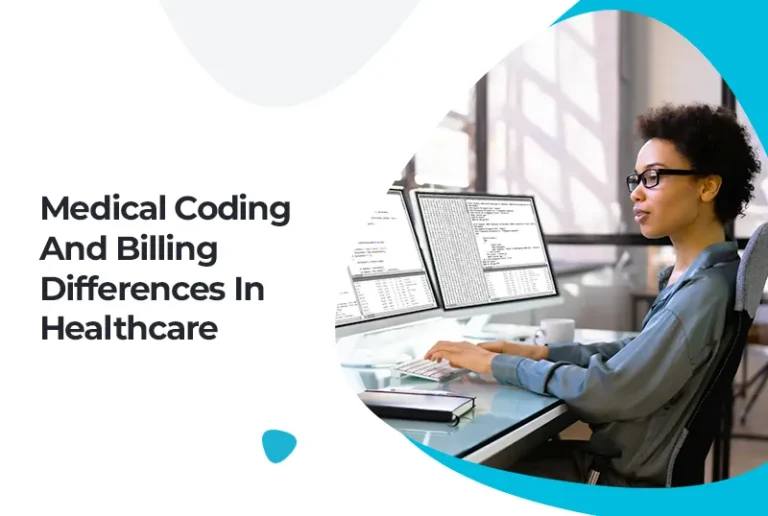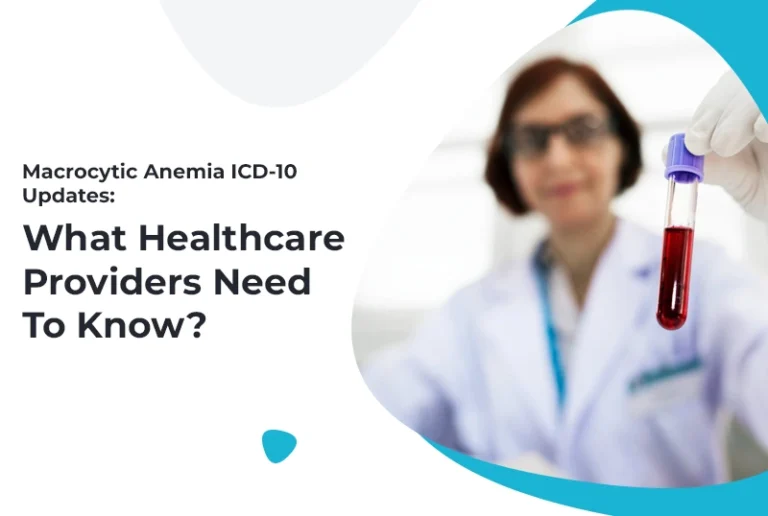Considering developing your career in healthcare management? Your next great step might be learning credentialing specialist! Today’s healthcare system is very complicated, so licensing experts are needed to make sure that doctors and nurses meet the requirements to treat people. Many professionals start their journey while working closely with a medical billing service, gaining firsthand experience in the administrative side of healthcare.
This guide will show you everything you need to know to become a certified professional credentialing specialist.
What Is a Credentialing Specialist?
A credentialing specialist manages the verification process for healthcare professionals. They confirm qualifications, education, licenses, and certifications, ensuring providers meet the standards required by insurance companies and healthcare facilities.
Key Responsibilities:
- Verifying professional credentials
- Managing re-credentialing and renewals
- Ensuring compliance with healthcare regulations
- Maintaining credentialing databases
- Assisting with audits and provider enrollment
Credentialing specialists work behind the scenes but are critical to a healthcare organization’s ability to deliver services and receive reimbursements.
Why credentialing specialist Is Important in Healthcare
Imagine a healthcare system without verified doctors it’s risky and chaotic! Credentialing protects patients by ensuring that only qualified individuals provide care. It also ensures that hospitals and clinics comply with laws and payer requirements, avoiding costly penalties.
Furthermore, without proper credentialing, providers can’t participate in insurance networks, leading to lost revenue and trust issues.
How to Become a Certified Professional Credentialing Specialist
You’re probably wondering, “How can I become certified?” Great question! Here’s the path you should consider:
Step 1: Gain Healthcare Administration Experience
Most credentialing specialists have a background in healthcare administration or work in related fields like medical billing services or provider enrollment.
Step 2: Obtain the Necessary Education
While a degree isn’t always mandatory, many employers prefer candidates with:
- An associate’s or bachelor’s degree in healthcare administration, business, or a related field.
Step 3: Get Certified
The Certified Provider Credentialing Specialist (CPCS) credential from the National Association of Medical Staff Services (NAMSS) is the gold standard.
Requirements include:
- Two years of credentialing experience
- Passing the CPCS examination
Certification shows employers you have the skills and knowledge to manage complex credentialing tasks.
How Revenue Cycle Connects to Credentialing
Credentialing isn’t just about paperwork, it’s closely tied to revenue. Without credentialed providers, insurance companies will not pay for services, which directly impacts a facility’s bottom line.
This is where revenue cycle management services (RCM) come into play. Credentialing specialists work hand-in-hand with RCM teams to ensure that the financial health of the practice stays strong. They help:
- Minimize denials due to credentialing issues
- Speed up provider enrollment
- Ensure compliance with insurance company standards
Credentialing is the first step in ensuring that the revenue cycle starts on the right foot!
Skills Needed to Become a Successful Credentialing Specialist
While technical knowledge is crucial, soft skills also play a huge role in credentialing success.
Key Skills Include:
- Attention to Detail: Missing one document can delay provider approval.
- Organization: Handling multiple files and deadlines requires top-notch organizational skills.
- Communication: You’ll interact with providers, insurers, and administrators.
- Problem-Solving: Issues arise, and you need to fix them efficiently.
- Tech Savvy: Familiarity with credentialing software and databases is a must.
Career Opportunities and Growth
Credentialing specialists are in demand across the healthcare industry. You’ll find opportunities in:
- Hospitals
- Private medical practices
- Insurance companies
- Credentialing verification organizations (CVOs)
Plus, experience in credentialing can open doors to management positions in provider enrollment or compliance.
The Role of Medical Billing and Coding
Credentialing doesn’t operate in isolation. It aligns closely with medical billing and coding. If credentialing is incomplete, billing departments can’t submit claims, leading to denied payments.
Credentialing specialists and medical billing coders work together to ensure:
- Providers are approved by insurance networks.
- Services rendered can be billed properly.
- Documentation complies with payer requirements.
A seamless relationship between credentialing and billing teams results in fewer delays and better cash flow for healthcare organizations.
Conclusion
Becoming a credentialing specialist is a rewarding career choice for those who enjoy detail-oriented work and want to play a critical role in healthcare operations. With the right education, certification, and skills, you can enter a field that not only supports patient safety but also keeps the financial engines of healthcare organizations running smoothly.
So, if you’re ready to level up your healthcare career, why not start your journey toward becoming a certified professional credentialing specialist today?
FAQs
1. What does a credentialing specialist do?
A credentialing specialist verifies healthcare providers’ qualifications and ensures compliance with licensing and regulatory requirements.
2. How long does it take to become a credentialing specialist?
Typically, it takes 1–2 years of healthcare administration experience plus certification preparation.
3. Is certification necessary to become a credentialing specialist?
While not always required, obtaining the CPCS certification greatly improves job prospects.
4. How does credentialing impact medical billing?
Providers can’t bill insurance companies without proper credentialing, leading to delayed or denied payments.






